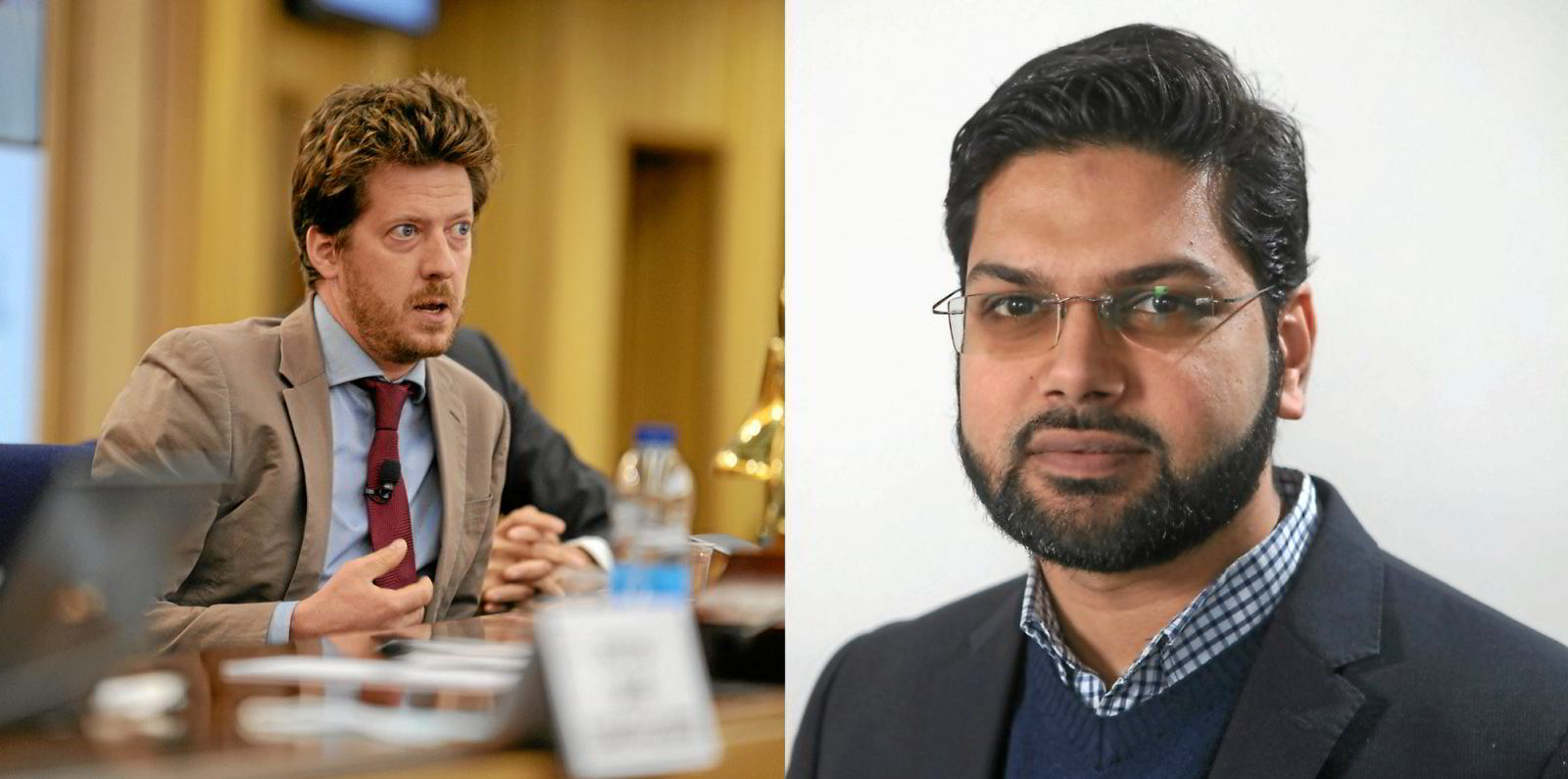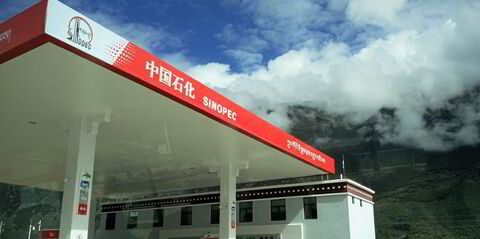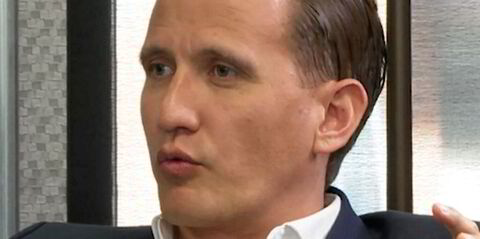UCL Energy Institute and UMAS, which have played a leading research role in shipping’s decarbonisation, are restructuring their relationship to chart independent courses.
UMAS will now operate as a brand of UMAS International, the firm run by managing director Simon Davies, and will focus on commercial technical consultancy.
The shipping team at UCL Energy Institute, which is part of University College London, will keep its focus on academic research, under the leadership of associate professor Tristan Smith.

Founded by Davies and Smith, UMAS had been such a close collaboration that several UCL researchers were among its consultants.
The two groups will continue to collaborate but as two separate entities.
Davies said the UMAS brand will represent a “focused and applied range” of evolving services to support a broad range of stakeholders in navigating shipping’s decarbonisation.
“UMAS will draw on our rich heritage and past work with a range of partners and will continue to deliver applied solutions for real-world applications,” he said.
“Operating as an independent technical commercial consultancy, UMAS, with a clearly defined purpose to support the decarbonisation of the sector, will continue to provide services to optimise the opportunities and minimise the risks the energy transition will present to its clients.”
UMAS was created in 2015 before the International Maritime Organization adopted its initial decarbonisation strategy in 2018.
The latest move comes as the IMO develops policy mechanisms to push to bring shipping to net zero greenhouse gas emissions by around 2050.
UCL Energy Institute will further develop its research to look at shipping through an academic lens, allowing it to share its work as transparently as possible in the public domain.
It also wants to pay more attention to collaborating with institutions in lower-income countries to work towards a “just and equitable” energy transition for the sector, which the two groups believe will turbocharge investment decisions.
Nishatabbas Rehmatulla, a principal research fellow and co-lead of the UCL Energy Institute’s shipping research group, said UMAS has been at the interface between theory, policy and business as the rules for tackling shipping’s greenhouse gas emissions were being developed.
“Being at that interface gave us unique insights that enriched both the academic and advisory outputs during the development of transition,” he said.
“However, now is absolutely the right time to add clarity and to get ready for what comes next, and these more distinguished purposes are the best way to stay at the leading edge across the areas we will continue to work in.“



